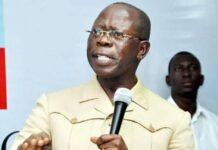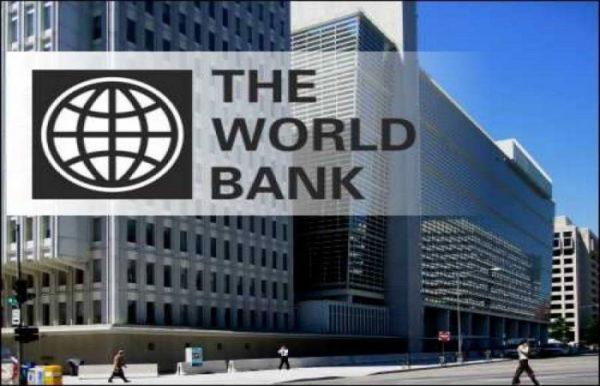The Nigerian economy is expected to grow by 2.5 percent in 2022, up from 2.4 percent in 2021, according to the World Bank.
This was revealed in the Washington-based organization’s latest Global Economic Prospects report, which was released on Tuesday.
Higher oil prices, as well as faster growth in telecommunications and financial services, were credited with the rebound, according to the bank.
“Growth in Nigeria is expected to pick up to 2.5 percent in 2022 and 2.8 percent in 2023,” according to the report.
Read Also: Actor Majid Michel reveals how drugs got him into a street fight before being born again
“Higher oil prices, a gradual easing of the Organization of Petroleum Exporting Countries (OPEC) production cuts, and domestic regulatory reforms should benefit the oil sector.”
“Service sector activity is expected to pick up, especially in telecommunications and financial services.” The reversal of pandemic-induced income and employment losses, however, is expected to be slow; this, combined with high food prices, is expected to slow the recovery of domestic demand.
“High levels of violence and social unrest, as well as the threat of new COVID-19 flare-ups, will continue to stifle non-oil economic activity, with remaining mobility restrictions being lifted cautiously due to low vaccination rates — only about 2% of the population had been fully vaccinated by the end of 2021.”
New threats from COVID-19 variants, as well as an increase in inflation, debt, and income inequality, could jeopardize the recovery in emerging and developing economies, according to the report.
In countries like Angola, Nigeria, and South Africa, per capita income is expected to be lower in 2022 than it was a decade ago.
“After barely increasing last year, per capita incomes are only expected to recover at a slow pace in 2022-23, rising 1.1 percent per year, leaving them nearly 2 percent below 2019 levels,” the report states.
“Per capita incomes in South Africa and Nigeria are expected to remain more than 3% below pre-pandemic levels in 2023.”
Global growth is expected to slow significantly from 5.5 percent in 2021 to 4.1 percent in 2022, then 3.2 percent in 2023, according to the report.
Read Also: Day After Tinubu, Ebonyi Governor Informs Buhari of Presidential Ambition in 2023
According to World Bank President David Malpass, the world economy is facing COVID-19, inflation, and policy uncertainty at the same time, with government spending and monetary policies in uncharted territory.
“Inequality is rising, and developing countries are facing security challenges,” he added.
“Putting more countries on a path to prosperity necessitates coordinated international action as well as a comprehensive set of national policy responses.”
The rapid spread of the Omicron variant, according to the World Bank, indicates that the pandemic will continue to disrupt economic activity in the near future.
According to the report, a significant slowdown in the world’s two largest economies, the United States and China, would reduce exports from emerging and developing economies.
Read Also: Day After Tinubu, Ebonyi Governor Informs Buhari of Presidential Ambition in 2023
“New Covid-19 outbreaks, persistent supply-chain bottlenecks and inflationary pressures, and elevated financial vulnerabilities in large swaths of the world could increase the risk of a hard landing,” the report adds, “at a time when governments in many developing economies lack the policy space to support activity if needed.”
Join Television Nigerian Whatsapp Now
Join Television Nigerian Facebook Now
Join Television Nigerian Twitter Now
Join Television Nigerian YouTUbe Now

















